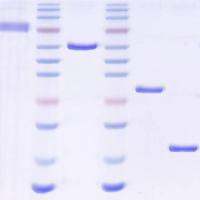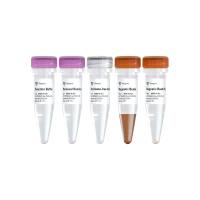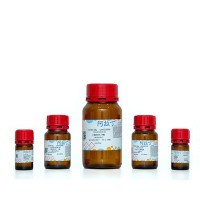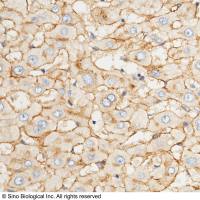Antisense Affinity Depletion of RNP Particles: Application to Spliceosomal snRNPs
互联网
互联网
相关产品推荐

Arabidopsis thaliana RNP1重组蛋白表达
¥2000

适用于去除人、小鼠和大鼠总RNA中的rRNA Ribo-MagOff rRNA Depletion Kit (Human/Mouse/Rat)(N420)
¥6000

Percoll® PLUS,65455-52-9,Colloidal solution of silica particles coated with silane,阿拉丁
¥1199.90

ACE2 兔多抗 | ACE2 Antibody, Rabbit PAb, Antigen Affinity Purified
¥800

Recombinant-Saccharomyces-cerevisiae-Protein-NAG1NAG1Protein NAG1 Alternative name(s): Nested antisense gene 1 protein
¥10234
相关问答

